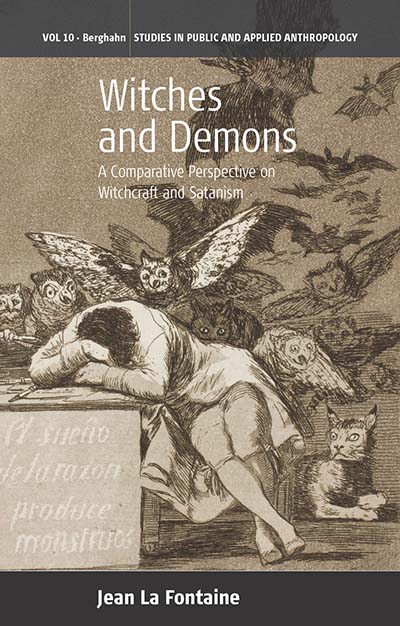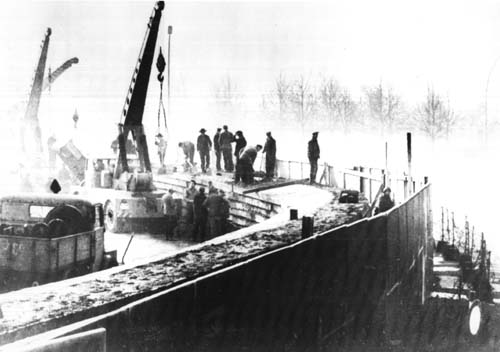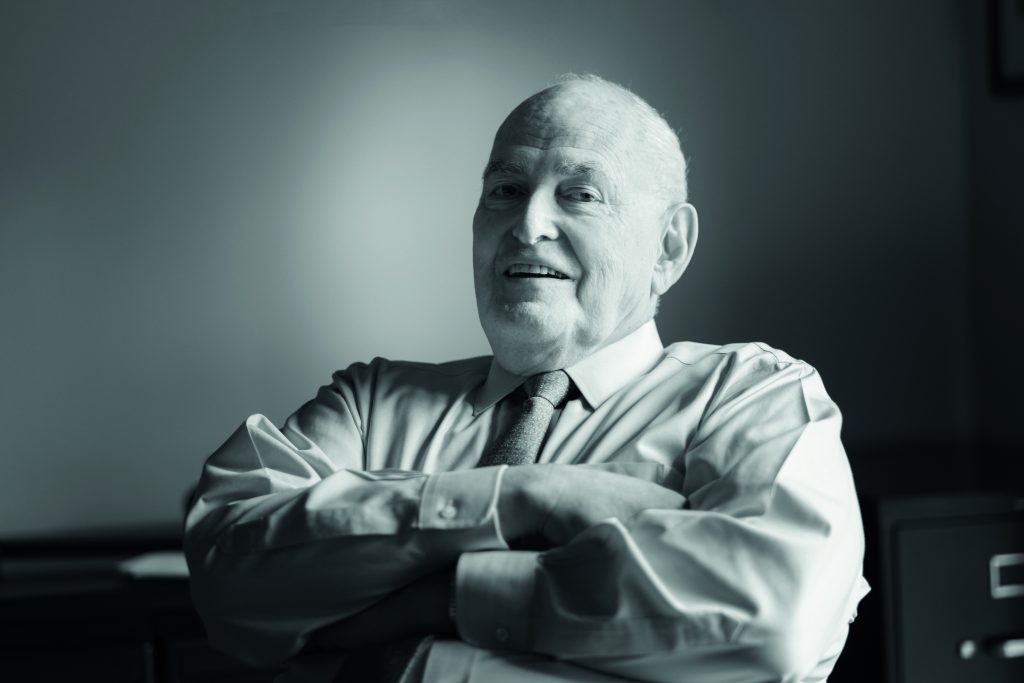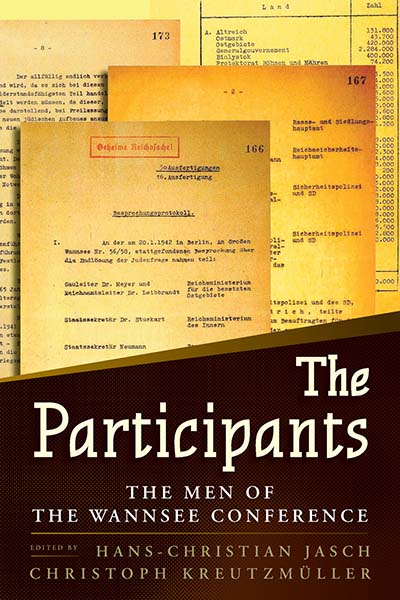35th anniversary

This year marks the 35th anniversary of the Fall of the Berlin Wall (9 November 1989)!
To celebrate the Fall of the Berlin Wall, we want to spotlight our Books Series on German Studies. These series span further than only our most recent publications, and include a number of Open Access books, entirely free to read! These blog will be looking at…
- Studies in German History
- Perspectives On The History German Jews
- Vermont Studies on Nazi Germany and the Holocaust
- New German Historical Perspectives
- Monographs In German History
- Culture And Society In Germany
- Policies and Institutions: Germany, Europe, and Transatlantic Relations
- Modern German Studies

Last month, we created a collection of our most recent German Studies titles for German Unity Day, which you can read here.
Lastly, we would like to highlight that our website allow you to Browse by Area: Germany here.
Berghahn Books Series on German Studies
Studies in German History
General Editors: Simone Lässig, Director of the German Historical Institute, Washington,
with the assistance of Patricia C. Sutcliffe, Editor, German Historical Institute.

Published in Association with the German Historical Institute, Washington
Perspectives on the History of German Jews
The volumes in this series provide concise introductions to different fields of German-Jewish history with a focus on the topics of politics, society, gender and religion across the last two centuries. Reflecting the latest research developments, these titles are not only valuable resources for scholars but are also accessible to a wider audience. The authors, all experts of German-Jewish history and mostly working at German universities, focus on socio-historical perspectives, including questions of social and cultural history.
The series was first published in German by Schoeningh, now an imprint of Brill. It was edited by Stefanie Schüler-Springorum and Rainer Liedtke on behalf of the Wissenschaftliche Arbeitsgemeinschaft (Academic Working Group) of the Leo Baeck Institute in Germany. The volumes have all been updated for publication in English.
Vermont Studies on Nazi Germany and the Holocaust
Editorial Committee: Jonathan D. Huener, University of Vermont, Susanna Schrafstetter, University of Vermont, and Alan E. Steinweis, University of Vermont
The University of Vermont has been an important venue for research on the Holocaust since Raul Hilberg began his work there in 1956. These volumes reflect the scholarly activity of UVM’s Miller Center for Holocaust Studies. They combine original research with interpretive synthesis, and address research questions of interdisciplinary and international interest.
New German Historical Perspectives
Series Editor: Paul Betts (Executive Editor), St. Antony’s College, University of Oxford
Established in 1987 this special St. Antony’s series showcases pioneering new work by leading German historians on a range of topics concerning the history of modern Germany, Europe, and the wider world. Publications address pressing problems of political, economic, social, and intellectual history informed by contemporary debates about German and European identity, providing fresh conceptual, international, and transnational interpretations of the recent past.
Monographs in German History

The complexities and peculiarities of German history present challenges on various levels, not least on that of historiography. This series offers a platform for historians who, in response to those challenges, produce important and stimulating contributions to the various debates that take place within the discipline.
Culture & Society in Germany
Policies and Institutions: Germany, Europe, and Transatlantic Relations
Modern German Studies
A Series of the German Studies Association
This series offers books on modern and contemporary Germany, concentrating on themes in history, political science, literature and German culture. Publications will include works in English and English translations of significant works in other languages.
You might also be interested in…

Last month, we created a collection of our most recent German Studies titles for German Unity Day, which you can read here.































































